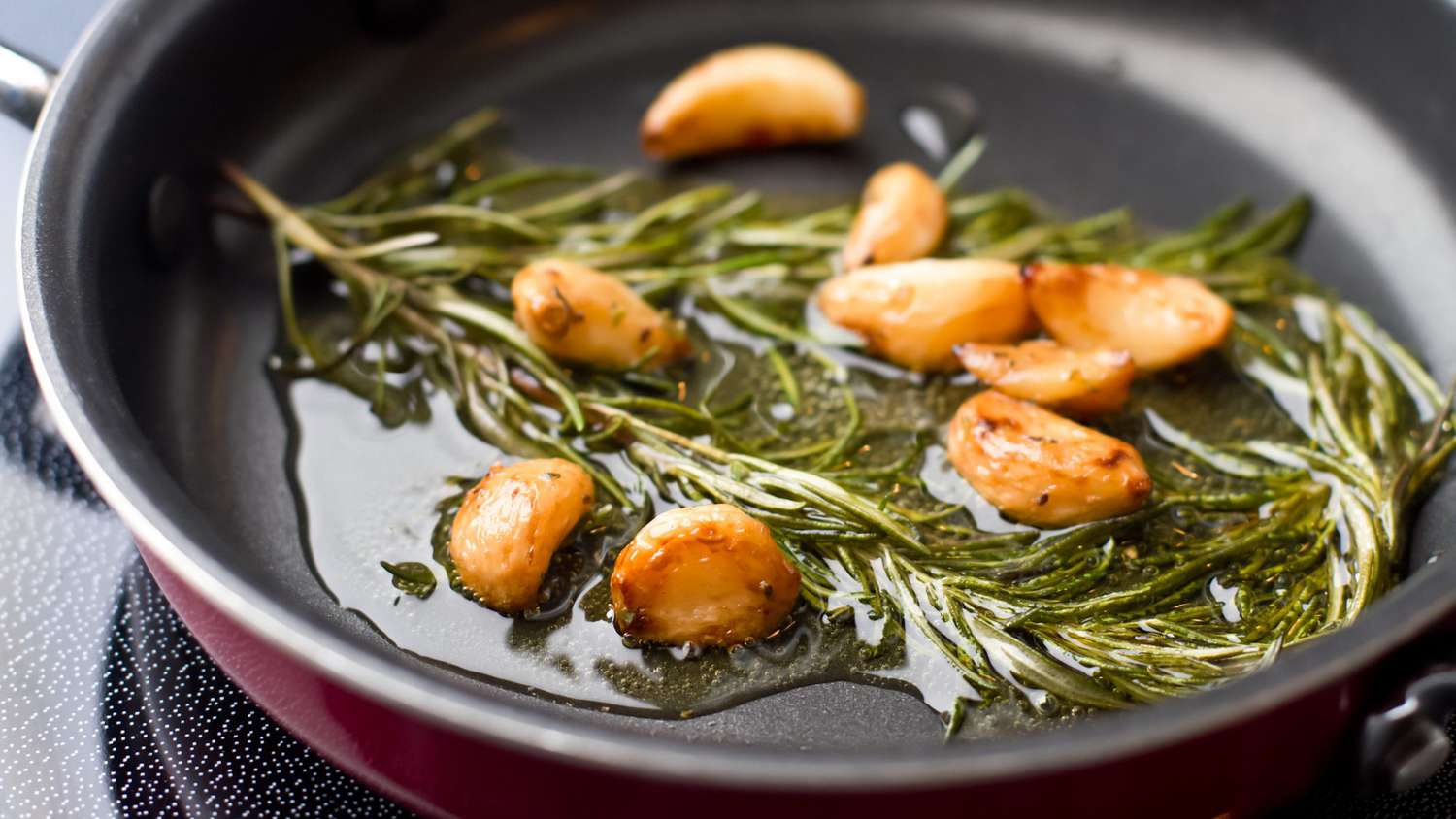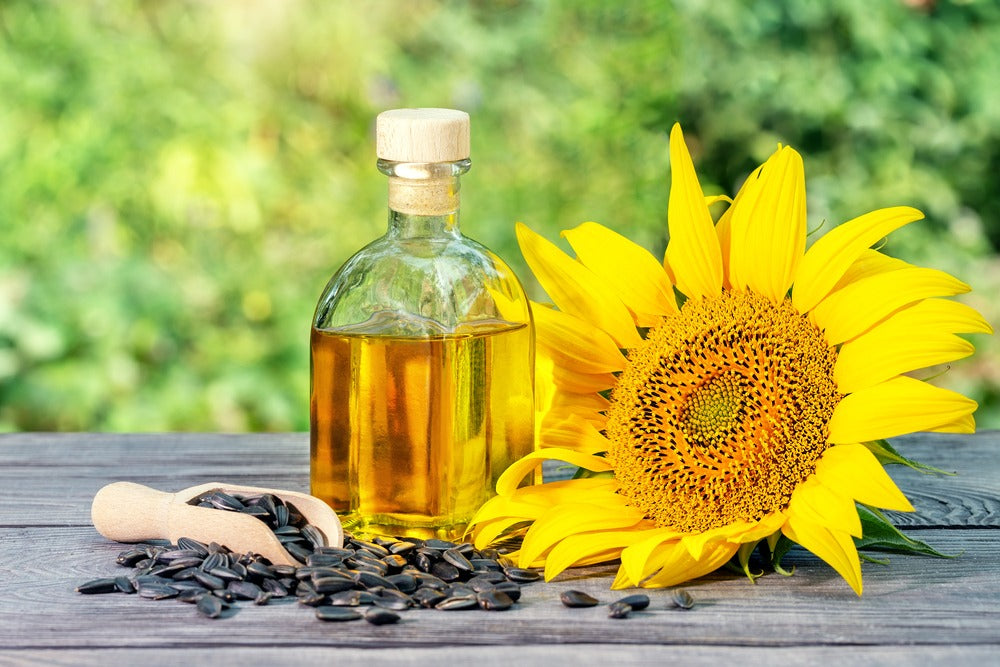Olive oil is a staple in many kitchens around the world, prized for its flavor, health benefits, and versatility. But with various grades and types available in the market, how can you be sure you are getting the real deal? Knowing how to tell if olive oil is real is crucial, not just for culinary professionals, but for anyone who values quality in their cooking. In this in-depth guide, we'll uncover the secrets to identifying authentic olive oil so you can confidently make informed choices at the store.

Understanding Different Grades of Olive Oil
Before diving into tips on identifying real olive oil, it's essential to understand the different grades available. Olive oils are generally classified as:
1. Extra Virgin Olive Oil (EVOO)
The highest grade, Extra Virgin Olive Oil is made from pure, cold-pressed olives without any chemical treatments. It has a low acidity level and contains a rich, full-bodied flavor profile. EVOO is perfect for dressings, dips, and finishing dishes.
2. Virgin Olive Oil
Similar to EVOO, Virgin Olive Oil is also derived from pure, cold-pressed olives but with slightly higher acidity levels.
3. Pure Olive Oil
A mix of virgin and refined oils, Pure Olive Oil undergoes additional processing and has a milder flavor compared to EVOO.
4. Light Olive Oil
Despite the name, Light Olive Oil does not refer to its fat content but to its lighter taste. It is highly refined and often used for high-heat cooking.

Factors Impacting Olive Oil Authenticity
Several factors can affect the authenticity of olive oil:
- Origin: Authentic olive oil typically comes from Mediterranean regions such as Spain, Italy, and Greece.
- Harvest Date: Fresher oils have a more robust flavor. Look for a harvest date on the label.
- Certification: Seek out certifications like PDO (Protected Designation of Origin) or PGI (Protected Geographical Indication) as these ensure high standards.

Techniques to Identify Real Olive Oil
1. Inspect the Label
A label can tell you a lot about the quality and authenticity of the olive oil. Look for:
- Harvest Date: Indicates the freshness.
- Origin: Ensure it is from a reputed olive-growing region.
- Certifications: Look for seals from organizations that verify quality, such as the California Olive Oil Council (COOC).
2. Conduct a Sensory Test
Use your senses to evaluate the quality:
- Smell: Real extra virgin olive oil should smell fresh and fruity.
- Taste: Authentic olive oil should have a well-balanced flavor with slight bitterness and peppery notes.
3. Refrigeration Test
You can conduct a simple refrigeration test: Place the oil in the fridge. Real extra virgin olive oil will solidify, while fake or processed oils may not.

Common Misconceptions About Olive Oil
There are several myths surrounding olive oil. Let's debunk some of these:
1. Color Indicates Quality
The color of olive oil is not a reliable indicator of its quality. High-quality olive oil can range from golden yellow to green.
2. Price Equals Quality
While good olive oil can be expensive, price alone does not guarantee quality. Always consider other factors such as origin and certification.
Tips for Storing Olive Oil
Proper storage can help maintain the quality and freshness of your olive oil:
- Keep It Cool: Store olive oil in a cool, dark place to prevent oxidation.
- Use Dark Bottles: Opt for dark glass bottles to protect the oil from light.
- Seal Tightly: Ensure the bottle is tightly sealed to prevent exposure to air.
FAQs
Is olive oil fake if it doesn't solidify in the refrigerator?
Not necessarily. While the refrigeration test can give you some indication of authenticity, it's not foolproof. Some genuine olive oils may not solidify due to their unique composition.
Can I use olive oil past its expiration date?
It's best to use olive oil within its expiration date as it can go rancid. Always check for off smells or flavors before using expired olive oil.
Are there any health benefits of using real olive oil?
Yes, authentic olive oil is rich in antioxidants, healthy fats, and anti-inflammatory properties, which can contribute to overall wellness when included in a balanced diet.
Conclusion
Understanding how to tell if olive oil is real requires knowledge, attention, and a bit of detective work. By using the tips and techniques outlined in this guide, you can ensure that you're using high-quality, authentic olive oil in your kitchen. Remember, an authentic olive oil doesn't just elevate your dishes but also brings valuable health benefits. So, the next time you're picking up a bottle, make sure it's the real deal.
As an Amazon Associate, I earn from qualifying purchases.
For more comprehensive information on olive oil, you can visit this external link or this guide on cleaning kitchen tiles.
For more tips on cooking techniques, be sure to check out our articles on cooking tips, healthy recipes, and how to properly store food.






Leave a comment
This site is protected by hCaptcha and the hCaptcha Privacy Policy and Terms of Service apply.